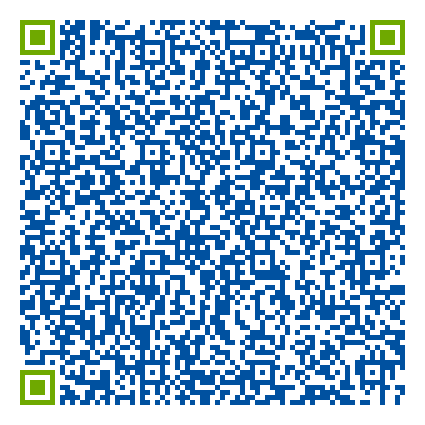Community based Question Answer Detection
- Date
- Jan 10, 2014
- Time
- 1:00 PM - 2:00 PM
- Speaker
- Dipl.-Medieninf. Klemens Muthmann
- Affiliation
- Institut für Systemarchitektur, Lehrstuhl Rechnernetze
- Language
- en
- Main Topic
- Informatik
- Other Topics
- Informatik
- Description
- Each day millions of people ask questions and search answers on the World Wide Web. Due to this, the Internet has grown to a world wide database of questions and answers, accessible to almost everyone. Since this database is so huge, it is hard to find out if a question has been answered or even asked before. This leads to users asking the same questions again and again, producing a vicious circle of new content, which hides the important information. One famous platform for questions and answers are Web forums, also known as discussion boards. They present discussions as item streams, where each item contains the contribution of one author. These contributions contain questions and answers in human readable form. People use search engines to search information on such platforms. However, current search engines are not optimized to highlight individual questions and answers, to show which questions are asked often and which ones are already answered. To close this gap, this thesis introduces the Effingo system. The Effingo system is intended to extract forums from around the Web and find question and answer items. It also needs to link equal questions and aggregate associated answers. That way it is possible to find out if a question was asked before and if it is already answered. Based on this information one can derive the most urgent questions in the system, which are new and which are discussed and answered frequently. As a result, users are prevented from creating useless discussions, reducing the server load and information overload for further searches. The research areas the Effingo system taps are forum data extraction, to manage a database of forum posts as large as possible. Furthermore it uses question answer detection to find out which forum items are questions and which are answers and, finally, topic detection to aggregate questions on the same topic, as well as finding which answers are duplicates. These areas are either extended by Effingo, using forum specific features such as the user graph, forum item relations and forum link structure, or adapted to cope with the specific problems posed by user generated content. Such problems arise from poorly written and very short texts, as well as hidden or distributed information.
Last modified: Jan 10, 2014, 8:54:23 AM
Location
TUD Andreas-Pfitzmann-Bau (Computer Science) (INF 1004 (Ratssaal))Nöthnitzer Straße4601069Dresden
- Homepage
- https://navigator.tu-dresden.de/etplan/apb/00
Organizer
TUD InformatikNöthnitzer Straße4601069Dresden
- Phone
- +49 (0) 351 463-38465
- Fax
- +49 (0) 351 463-38221
- Homepage
- http://www.inf.tu-dresden.de
Legend
- Biology
- Chemistry
- Civil Eng., Architecture
- Computer Science
- Economics
- Electrical and Computer Eng.
- Environmental Sciences
- for Pupils
- Law
- Linguistics, Literature and Culture
- Materials
- Mathematics
- Mechanical Engineering
- Medicine
- Physics
- Psychology
- Society, Philosophy, Education
- Spin-off/Transfer
- Traffic
- Training
- Welcome


